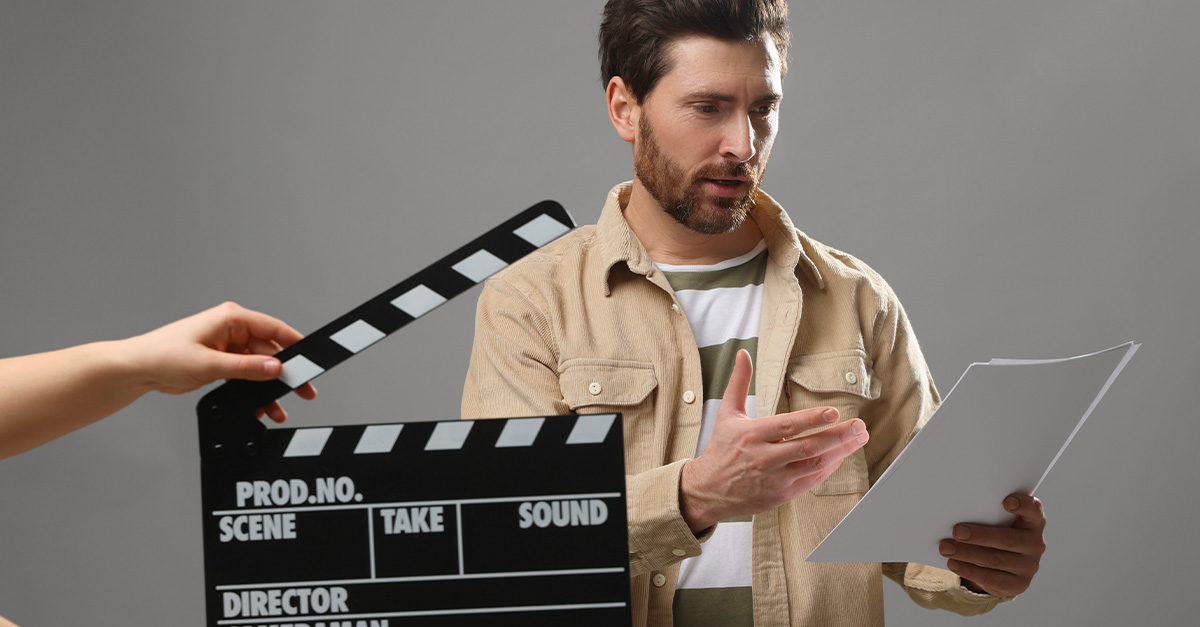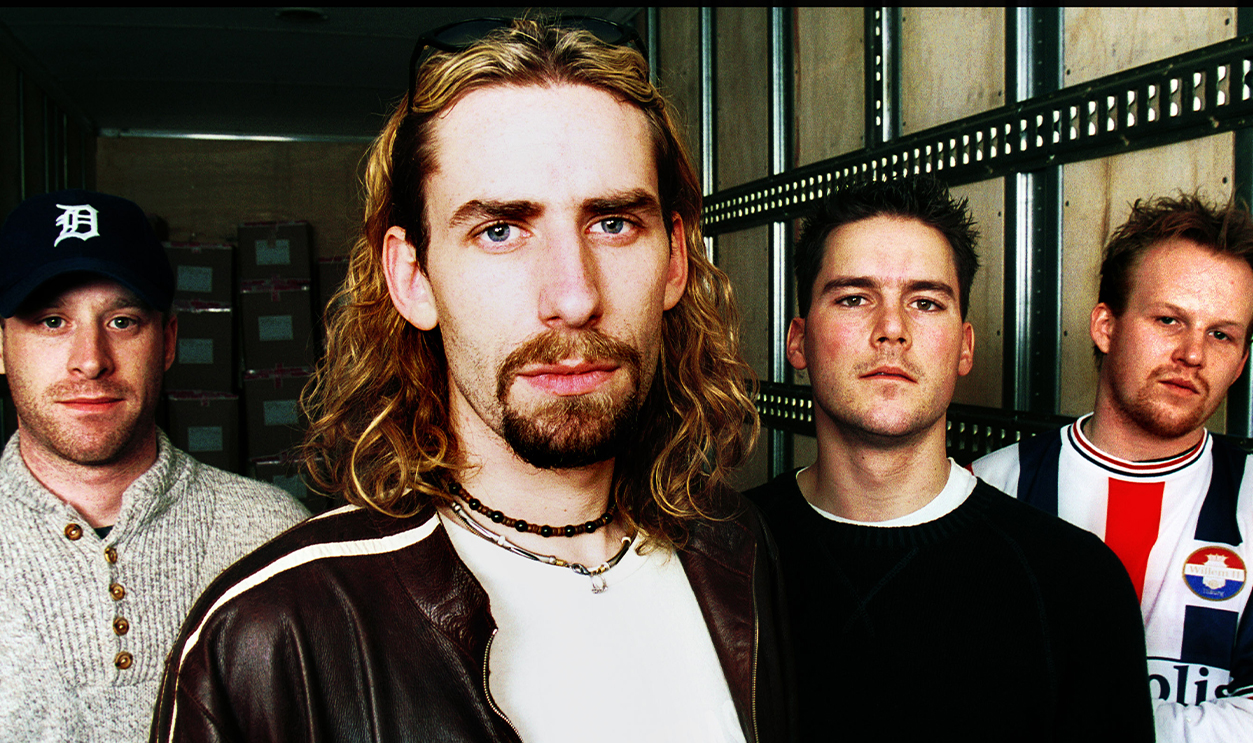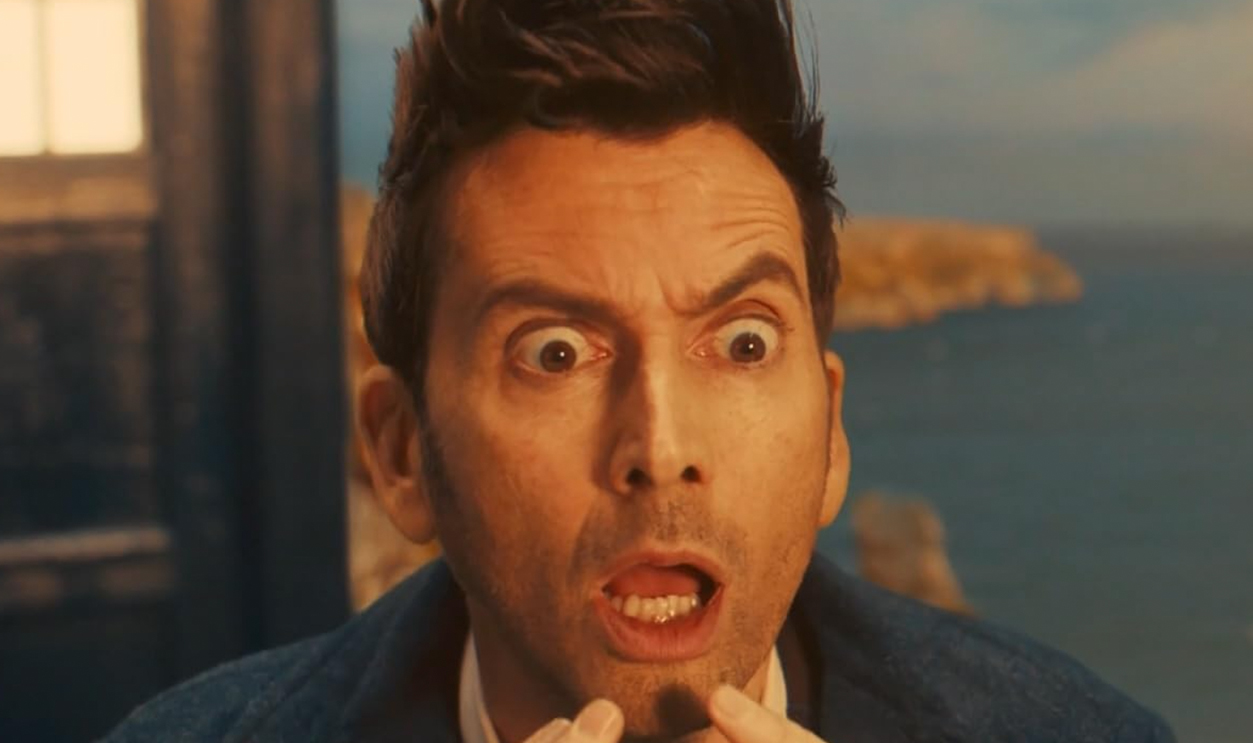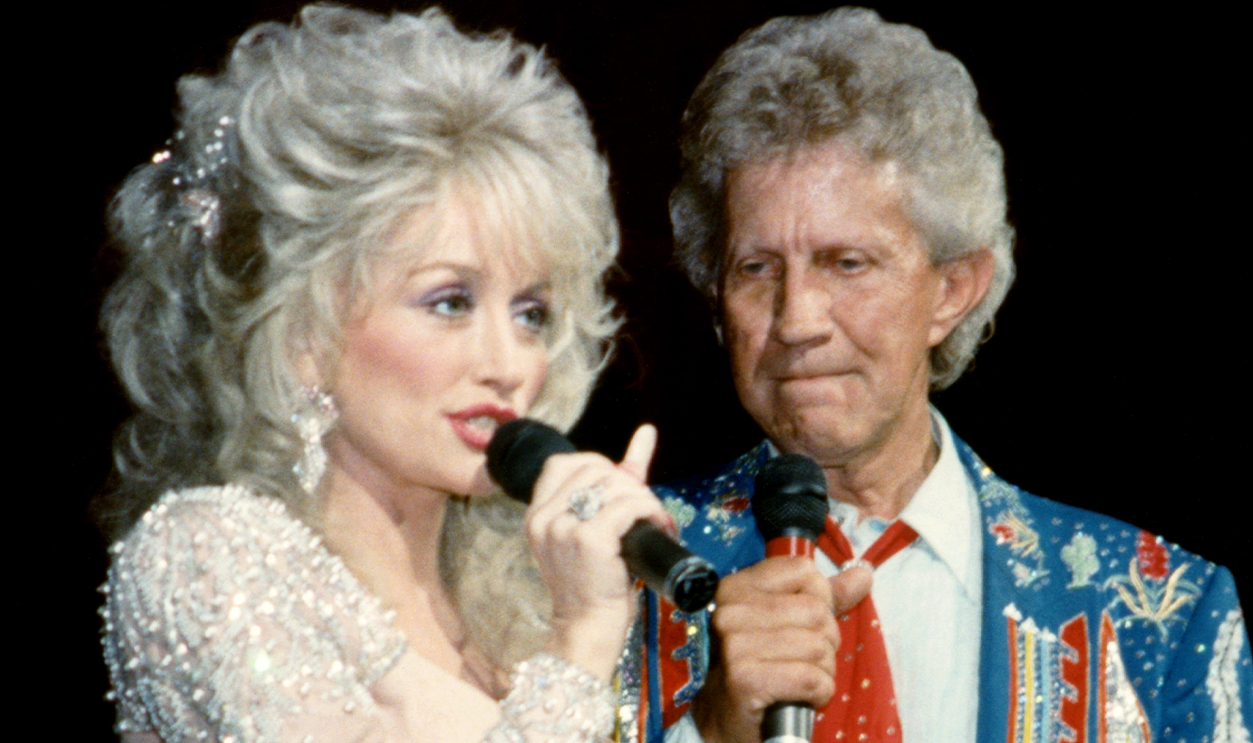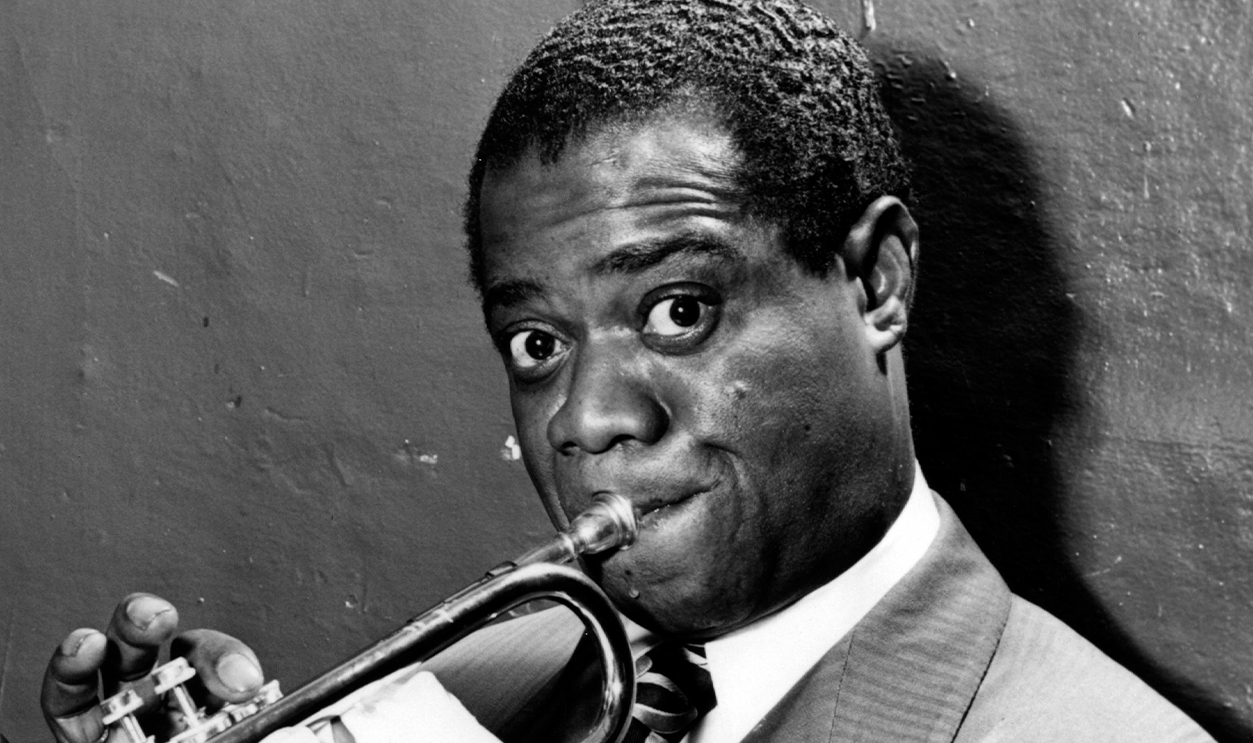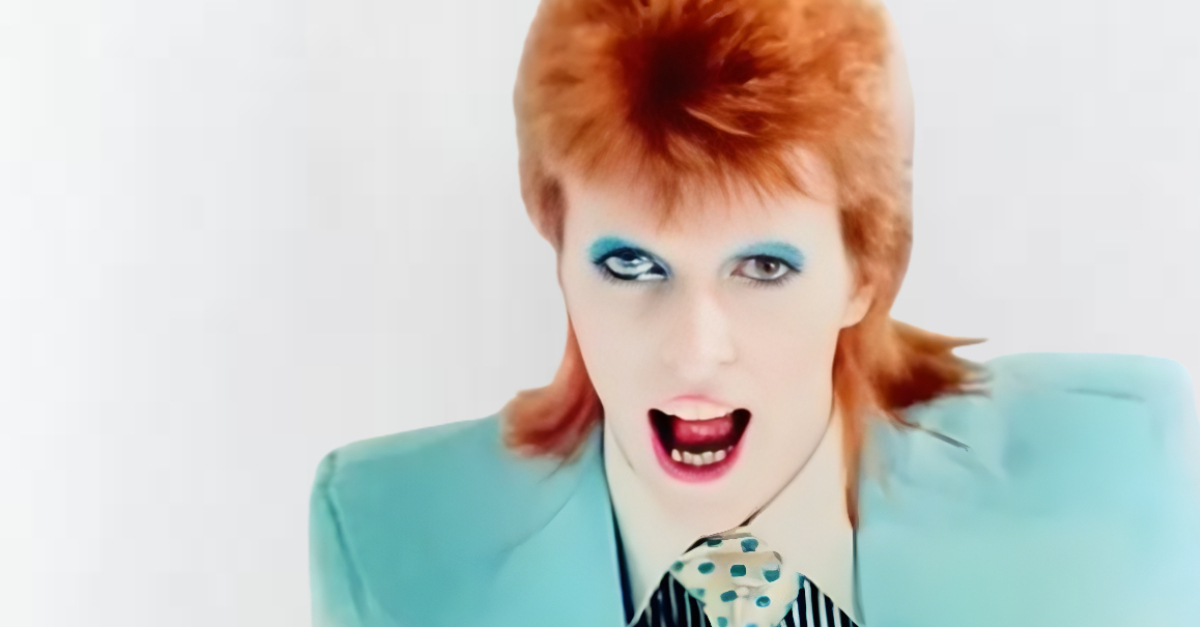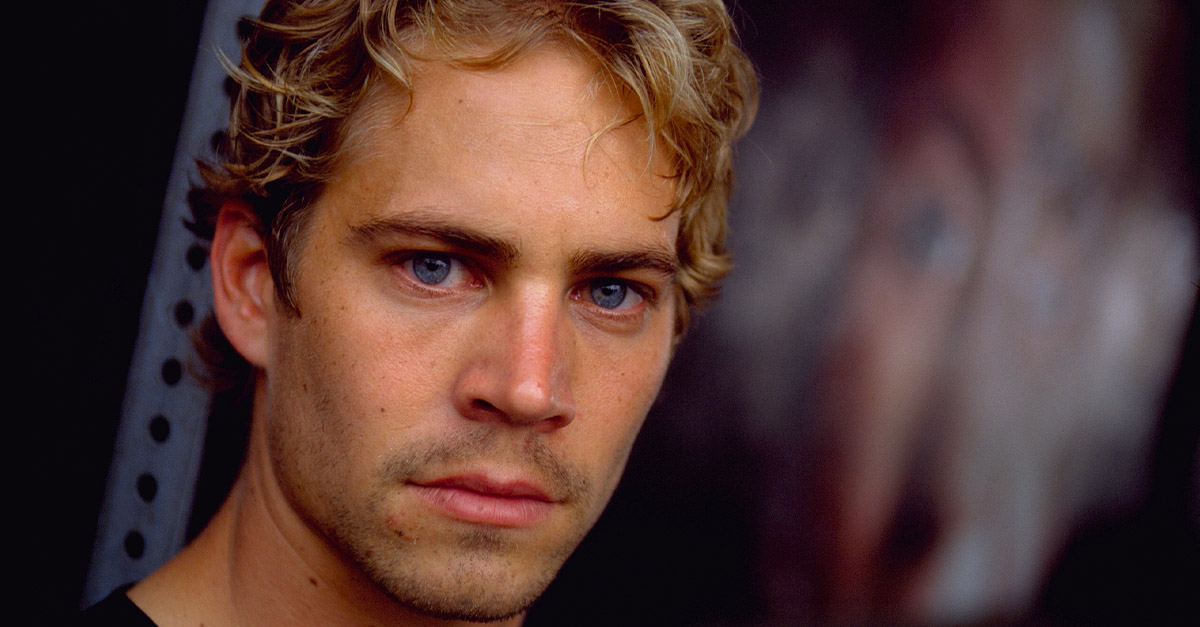The Worst Casting Choices In TV History
Television has given us some of the most unforgettable characters in entertainment history, but not every casting choice has struck gold. Sometimes a miscast actor, a poorly executed recast, or an ill-fitting ensemble can derail even the strongest concept. These missteps range from jarring replacements that alienated loyal viewers to baffling choices that left critics scratching their heads. The results? Canceled series, plummeting ratings, or performances so awkward they’ve become cautionary tales in Hollywood.
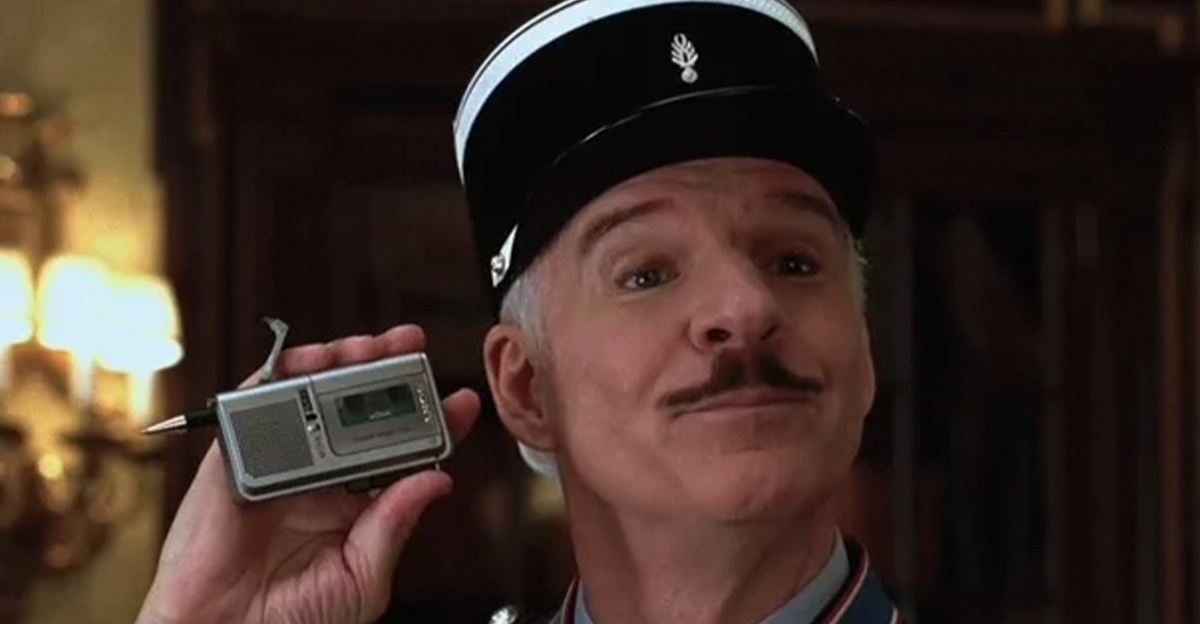
Bewitched: Replacing Darrin Broke The Spell
When Dick Sargent took over as Darrin on Bewitched after Dick York’s health forced him off the show, the tonal shift was immediate—and not in a good way. Viewers never warmed to the new dynamic, ratings slid, and the series ended three years later. It wasn’t Sargent’s fault so much as the audience’s refusal to accept a midstream lead swap, but the recast became a cautionary tale about replacing a beloved TV spouse.
 Screen Gems, Bewitched (1964–1972)
Screen Gems, Bewitched (1964–1972)
Seinfeld: The First Frank Costanza Was A Misfire
George’s father initially appeared—briefly—as a gentle, reserved dad played by John Randolph. Seinfeld's vibe was so wrong that producers reshot those scenes for syndication with the volcanic Jerry Stiller, whose shouty, unhinged Frank became iconic. Few miscasts are so thoroughly “erased” in retrospect.
Marvel’s Iron Fist: A Martial-Arts Hero Who Couldn’t Sell The Punch
Casting Finn Jones as the mystical kung fu master Danny Rand sounded fine on paper, but on screen the fights felt sluggish and the character never landed. Critics panned season 1, improvement came too late, and Netflix canceled the show after just two seasons—an unusually quick exit for a Marvel title at the time.
 Netflix, Marvel's Iron Fist (2017–2018)
Netflix, Marvel's Iron Fist (2017–2018)
House Of Cards: Frank Is Gone, And So Is The Show’s Pulse
After Kevin Spacey’s firing, House of Cards elevated Claire (Robin Wright) to the presidency. The problem wasn’t Wright—she’s terrific—but an unwieldy season 6 that critics called a whimpering finish, with weak audience scores and a final run that felt retrofitted rather than reimagined. Sometimes there isn’t a viable recast for a linchpin antihero.
 Netflix, House of Cards (2013–2018)
Netflix, House of Cards (2013–2018)
The Witcher: Replacing Henry Cavill Sparked A Fan Revolt
Netflix’s decision to hand Geralt’s swords to Liam Hemsworth for season 4 triggered immediate backlash. Whether Hemsworth ultimately works out, the optics of losing the face (and grunt) of the franchise damaged fan trust just as viewership momentum wobbled post–season 3. It’s a case study in how a single recast can overshadow everything else.
Saturday Night Live 1980–81: A New Cast That Nearly Sank A Classic
When Lorne Michaels left, SNL reloaded almost the entire cast under producer Jean Doumanian. The season is still remembered as the show’s worst—uneven sketches, poor fit performers, and backstage turmoil—until Dick Ebersol and then Eddie Murphy rescued it. Right people, wrong year.
Saved By The Bell: Enter Tori, Exit Logic
Because of contract issues, season 4 awkwardly swapped out Kelly and Jessie for new “tough girl” Tori—with little explanation. Episodes aired out of order, creating the infamous “Tori Paradox” where characters seemed to blink in and out of existence. The casting band-aid never healed the narrative wound.
 NBC, Saved by the Bell (1989–1993)
NBC, Saved by the Bell (1989–1993)
The X-Files: Doggett Couldn’t Fill Mulder’s Shoes
Robert Patrick is a capable actor, but replacing Fox Mulder with Agent Doggett in season 8 changed the alchemy. Reviews and fan chatter acknowledged the effort yet called the show a “shadow” of its prime, and the chemistry issues proved fatal two seasons later. Some pairings really are lightning in a bottle.
 20th Television, The X-Files (1993–2018)
20th Television, The X-Files (1993–2018)
Knight Rider (2008): The Reboot That Stalled
Casting Justin Bruening as Michael Knight II couldn’t recapture David Hasselhoff’s effortless camp. Audiences didn’t connect with the new ensemble or tone; NBC cut the episode order and canceled the series after one season. Nostalgia alone couldn’t keep KITT on the road.
 NBCUniversal Television Distribution, Knight Rider (2008–2009)
NBCUniversal Television Distribution, Knight Rider (2008–2009)
Marvel’s Inhumans: Even Superpowers Couldn’t Save This Lineup
From Medusa’s shaved hair to wooden line readings, the ABC adaptation never found watchable footing. Critics blasted the show, ratings cratered, and ABC axed it after a single short season—one of Marvel TV’s rare faceplants. Miscasting compounded production problems until the whole thing collapsed.
That ’70s Show: Randy Wasn’t Eric
When Topher Grace left, producers tried to slot in Josh Meyers as the affable Randy. Fans rejected the chemistry-less substitution, and the series posted its sharpest ratings drop before ending. The new guy never became “one of the gang,” illustrating the risk of patching a friend group with a stranger.
 Fox, That ’70s Show (1998–2006)
Fox, That ’70s Show (1998–2006)
Joey: America Loved Joey Tribbiani—Just Not This Version
Friends star Matt LeBlanc carried a spinoff with a fresh supporting cast that never clicked. Despite a big premiere, Joey bled viewers and was canceled with episodes unaired. The casting around the lead lacked the lived-in rapport that made Friends hum.
Batwoman: A Cape That Didn’t Fit
Ruby Rose’s casting as Kate Kane drew immediate scrutiny, and a brutal on-set injury plus creative misalignment ended her tenure after one season. The show pivoted—first to a new Batwoman (Javicia Leslie), then a Kate recast (Wallis Day)—but the identity whiplash proved hard to overcome.
Charlie’s Angels (2011): Angels Without Chemistry
ABC’s glossy reboot recruited Minka Kelly, Rachael Taylor, and Annie Ilonzeh, but the team felt assembled rather than bonded. Reviews and ratings sank fast; ABC canceled the show after just four episodes had aired (eight produced). A swaggering brand needs a perfectly synced trio—this one never gelled.
Once Upon A Time: The Soft-Reboot Cast That Couldn’t Break The Curse
Season 7 jumped forward with a largely new ensemble anchored by an adult Henry and a new Cinderella. The late-stage overhaul felt like a different series; ratings slid further and ABC closed the book after that season. Recasting a fairy tale’s core family is tougher than waking Sleeping Beauty.
 ABC, Once Upon a Time (2011–2018)
ABC, Once Upon a Time (2011–2018)
The Office: Robert California Wasn’t The Boss Fans Wanted
James Spader’s silky, menacing CEO was intentionally offbeat, but the tonal whiplash after Michael Scott left was severe. Behind the scenes, his style didn’t mesh with the improv-minded cast, and on-screen the character became a symbol of the show’s identity crisis. A high-caliber actor, wrong fit.
The Office: Nellie Bertram Became A Lightning Rod
Catherine Tate is wildly talented, yet Nellie’s chaotic promotion arc and thin characterization fueled fan backlash. Even defenders admit she worked better in small doses; as a regular, she embodied the show’s late-era drift. Casting can be fine, but deployment matters.
True Detective Season 2: Vince Vaughn, Fatally Against Type
Anthologies can reinvent themselves—but season 2’s heavy lift asked audiences to buy Vaughn as a brooding crime boss. Many couldn’t. Critics singled out his performance as emblematic of a miscalibrated cast, and the season became a punchline rather than a pivot.
Gossip Girl (2021): New Class, Little Spark
The HBO Max revival arrived with a chic, mostly unknown ensemble and loads of social-media savvy—but little of the soapy snap that made the original addictive. After two seasons, the show was canceled, proof that brand recognition can’t substitute for star-making casting chemistry.
 HBO Max, Gossip Girl (2021–2023)
HBO Max, Gossip Girl (2021–2023)
Two And A Half Men: Swapping Sheen For Kutcher Couldn’t Sustain The Highs
Ashton Kutcher’s debut posted massive numbers, but the novelty wore off and ratings drifted downward as the rebooted dynamic never felt as combustible—or as weirdly symbiotic—as Charlie and Alan. The show kept going, sure, but the recast era never matched the original’s cultural grip.
 CBS, Two and a Half Men (2003–2015)
CBS, Two and a Half Men (2003–2015)
What Do You Think Is The Worst Casting Decision Of All-Time?
Casting isn’t just about finding “a good actor.” It’s about alchemy: tone, timing, and how a performer refracts the entire show. When that chemistry is off—whether via ill-matched leads, last-minute replacements, or reboots that mistake brand for magic—even sturdy franchises can wobble. The cruel truth of TV is that audiences don’t just watch characters; they fall for relationships. Recast the wrong half of one, and the spell breaks.
 CBS, Two and a Half Men (2003–2015)
CBS, Two and a Half Men (2003–2015)
You May Also Like:
The Most Satisfying Movie Revenge Scenes
The Most Quoted Lines In TV History

